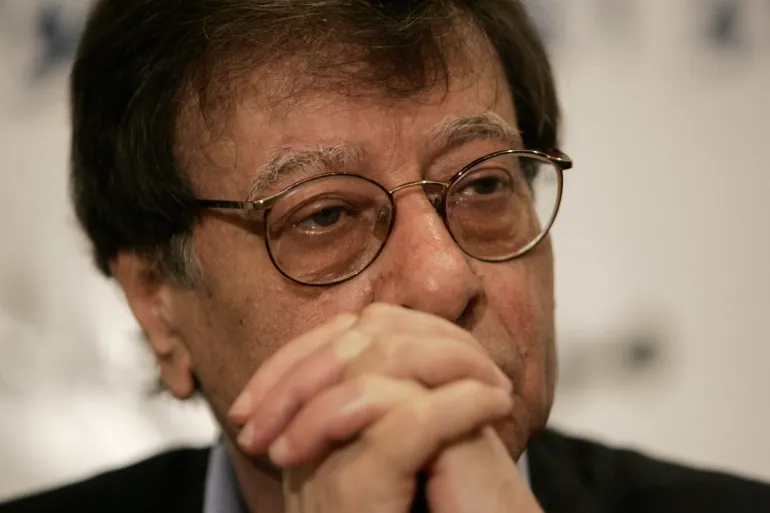In the annals of literary history, few figures have managed to capture the essence of a nation’s struggle, hope, and identity quite like Mahmoud Darwish. As Palestine’s most celebrated poet, Darwish’s work transcends mere words on a page, embodying the collective memory, aspirations, and resilience of the Palestinian people. Through his poignant verse, Darwish not only chronicled the trials of his homeland but also offered a vision of peace and reconciliation. Let’s delve into the life and legacy of Mahmoud Darwish, exploring how his poetry continues to resonate and inspire, and the broader implications of his message for peace in the Middle East. Government’s Role
A Voice Born from Struggle
Initially, Mahmoud Darwish’s journey as a poet was inextricably linked to the tumultuous history of Palestine. Born in 1941 in the village of al-Birweh, which later became part of Israel, Darwish’s early life was marked by displacement and conflict. However, it was these very experiences that fueled his poetic voice, compelling him to articulate the pain, longing, and undying hope of his people. Moreover, Darwish’s poetry served as a testament to the enduring spirit of the Palestinian people, their connection to the land, and their quest for self-determination.
The Power of Poetry to Inspire Change
Furthermore, Darwish’s work transcends the boundaries of Palestinian struggle, speaking to universal themes of love, loss, and human dignity. His famous declaration, “The war will end,” is not merely a statement of hope but a profound belief in the possibility of peace and the power of words to inspire change. Additionally, Darwish’s poetry has played a crucial role in shaping Palestinian identity and consciousness, serving as a beacon of resistance and a call to preserve cultural heritage amidst adversity.
Bridging Divides Through Verse
Moreover, Mahmoud Darwish’s poetic legacy extends beyond the Palestinian cause, offering insights into the broader human condition and the potential for reconciliation. His ability to convey the complexities of identity, memory, and exile has resonated with readers worldwide, bridging divides and fostering a deeper understanding of the Middle East’s historical and cultural nuances. Furthermore, Darwish’s emphasis on dialogue and empathy in his poetry underscores the importance of cultural and artistic expression in overcoming conflict and building bridges between disparate communities.
The Enduring Relevance of Darwish’s Message
Additionally, the enduring relevance of Mahmoud Darwish’s message is particularly poignant in today’s geopolitical climate. As the Middle East continues to grapple with conflict and the quest for peace remains as urgent as ever, Darwish’s vision of a war’s end and the triumph of human dignity serves as a powerful reminder of the possibilities that lie beyond strife. Moreover, his work inspires current and future generations to imagine a world where peace is not just a distant dream but a tangible reality, achieved through empathy, understanding, and the transformative power of poetry. Government’s Role
Inspired by Al-Jazeera News and Rear More Articles Here, Read Previous Blog Also.
